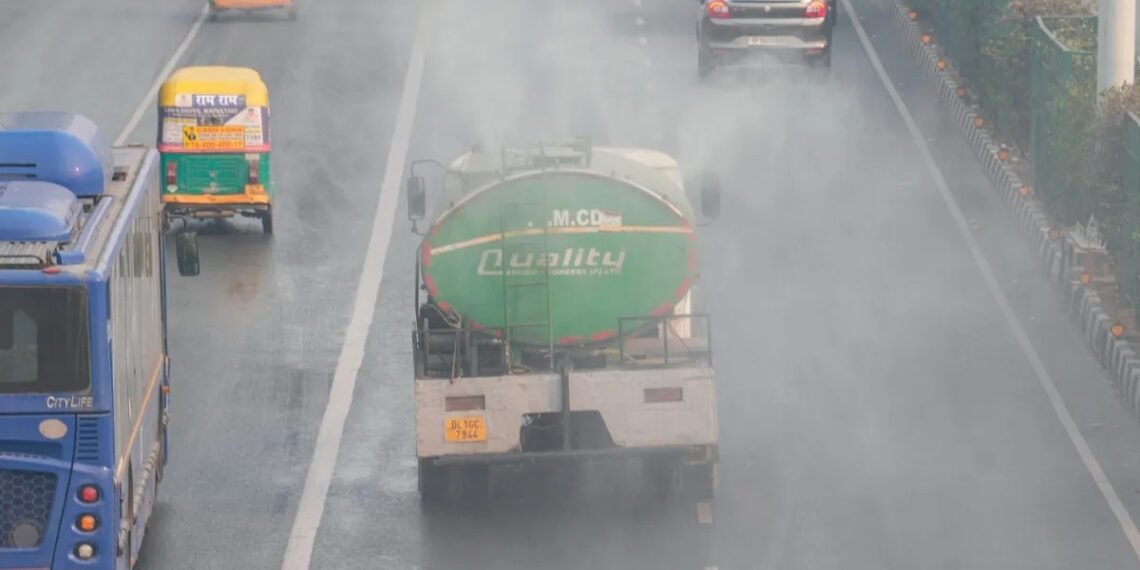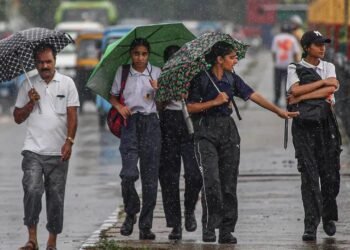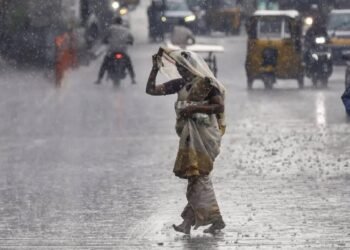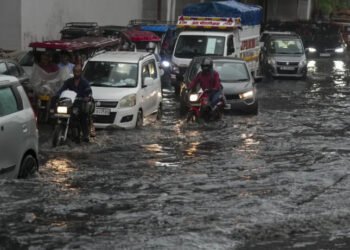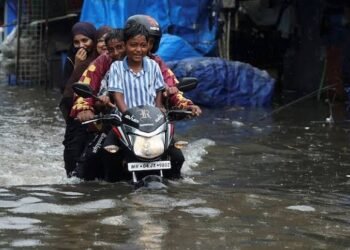In a groundbreaking effort to combat air pollution, Delhi will experience artificial rain for the first time. The cloud seeding initiative is set to occur from July 4 to 11, contingent on favorable weather, as announced by Delhi Environment Minister Manjinder Singh Sirsa on Saturday.
The cloud seeding initiative is led by IIT Kanpur, which has presented the flight plan to the India Meteorological Department (IMD) in Pune for technical collaboration. Sirsa states that weather conditions will remain unfavorable until July 3, but a flight opportunity has been suggested from July 4 to 11.
Moreover, a proposal has been submitted to the Directorate General of Civil Aviation (DGCA) for the approval of a backup window, should the circumstances continue to be adverse during the original timetable.
ALSO READ: ‘India looks grand from space’: Shubhanshu in Interaction with PM Modi
Initial Trial to Cost around Rs 3.21 crore
This trial is expected to cost around Rs 3.21 crore. Every trial will take 90 minutes and include dispersing a blend of nanoparticles and salt from an aircraft. The India Meteorological Department (IMD) had previously expressed its endorsement for the initiative, affirming meteorological viability across the National Capital Region (NCR).
The initiative, named ‘Technology Demonstration and Evaluation of Cloud Seeding as an Alternative for Delhi NCR Pollution Mitigation,’ will consist of five aircraft flights over low-security airspaces in northwestern and outer Delhi.

ALSO READ: It’s High Time We Talk About Mental Health Issues!
How will it function?
A unique mixture will be dispersed into the clouds via a specialized flare system during these flights. This formulation has been developed by IIT Kanpur and comprises silver iodide nanoparticles, iodized salt, and rock salt. Collectively, these elements facilitate the rapid creation of raindrops in saturated clouds, allowing for artificial precipitation.
IIT Kanpur has performed seven successful in-house cloud seeding experiments from April to July in drought-affected areas utilizing the same aircraft and flare systems.
Delhi Environment Minister Manjinder Singh Sirsa stated that IIT Kanpur has submitted the flight plan for the seeding operation to IMD Pune for technical coordination. Conditions weren’t favorable for cloud seeding on July 3, but a flight opportunity has been suggested for July 4 to 11.
ALSO READ: Some Respite for Delhi as Rains hit Capital, but will the Monsoon Finally Arrive?
This initiative would represent a significant advancement in managing urban pollution and is being implemented for the first time by Delhi’s Environment Department under Chief Minister Rekha Gupta.
Will it help in combating Air Pollution?
Over past several years, Delhi has consistently held the infamous title of the world’s most polluted city, with several other Indian cities trailing closely. A recent study estimated that the 30 million residents in and near the capital might lose nearly 12 years of their lives because of its severe health effects.
Delhi is presently facing serious air pollution, with the Air Quality Index (AQI) frequently hitting dangerous levels. This pollution issue greatly affects public health, everyday life, and the economy.
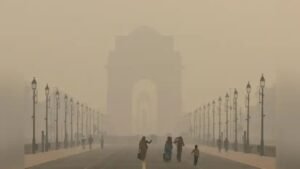
ALSO READ: Kolkata Rape: Law College Security Guard Held in 4th Arrest in the Case
When artificial rains are generated, contaminants are removed from the atmosphere and will settle on the ground, which will efficiently purify the air. This method, referred to as washout, is a natural process through which rain enhances air quality.
News agency PTI reports that Sirsa has stated that IIT Kanpur, has presented a proposal for atmospheric chemical spraying to the Pune-located India Meteorological Department (IMD) for technical collaboration.
Cloud Seeding will cleanse the atmosphere of particulate matter (PM2.5, PM10) and eliminate gaseous pollutants such as sulfur dioxide (SO₂), nitrogen oxides (NOₓ), and ammonia. Reports indicate it could also clear dust and smog from the air.



